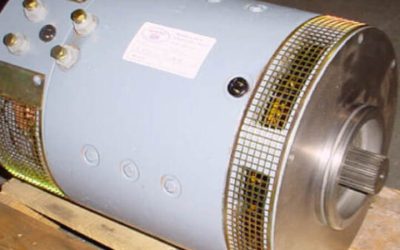Cats are masters at hiding health issues, and kidney disease is one of the most common and serious concerns for feline companions. Many cat owners in Monmouth County, NJ, may not realize their pets are at risk until symptoms become severe. When searching for ways to protect your cat’s health, a Blood Test For Kidney Function In Cats, Monmouth County, NJ, is a crucial diagnostic tool that can catch early signs of kidney trouble before they escalate.
Recognizing the Early Signs of Kidney Problems
Early detection is vital when it comes to kidney disease. Cats often show subtle changes that may be easily overlooked. Knowing these early warning signs can help you act quickly and get your cat the care it needs.
Increased Thirst and Urination
One of the first symptoms of kidney dysfunction in cats is an increase in thirst and urination. If you notice your cat drinking more water than usual or making more frequent trips to the litter box, it could be a sign that their kidneys are not filtering waste effectively.
Changes in Appetite and Weight Loss
A sudden decrease in appetite or unexplained weight loss may indicate kidney issues. Cats with kidney disease often feel nauseous or lose interest in their food, leading to a gradual drop in weight.
Lethargy and Weakness
If your cat appears less active, sleeps more than usual, or seems weak, these could be early signs of kidney dysfunction. Lethargy often accompanies other symptoms and should not be ignored.
Vomiting and Bad Breath
Occasional vomiting is not uncommon in cats, but frequent vomiting, especially when paired with bad breath that smells like ammonia, may signal kidney problems. This occurs because toxins are building up in the bloodstream, which the kidneys can no longer filter out efficiently.
Poor Coat Condition
A dull, unkempt coat is another subtle sign. Cats with kidney issues might groom themselves less, resulting in a matted or greasy coat.
When Should You Consider a Blood Test?
A blood test is the most reliable way to assess your cat’s kidney function. You should consider scheduling a blood test if your cat exhibits any of the following:
• Increased thirst or urination
• Noticeable weight loss
• Decreased appetite
• Persistent vomiting
• Unusual lethargy
• Changes in coat quality
Additionally, older cats and those with a history of kidney or urinary tract issues should have their kidney function monitored regularly, even if they appear healthy.
What Does a Blood Test Reveal?
Blood tests for kidney function measure key values, such as blood urea nitrogen (BUN), creatinine, and sometimes symmetric dimethylarginine (SDMA). These indicators enable veterinarians to detect kidney disease in its early stages, often before outward symptoms become apparent. Early intervention can slow the progression of the disease and improve your cat’s quality of life.
Taking Proactive Steps
If you notice any of the early warning signs outlined above, don’t hesitate to consult your veterinarian. Prompt testing and diagnosis can make a significant difference in managing kidney disease. For those searching for a reliable Blood Test For Kidney Function In Cats in Monmouth County, NJ, local veterinary clinics offer comprehensive diagnostic services to ensure your cat receives the best possible care.
Recognizing the early signs of kidney problems and acting swiftly can protect your cat’s health and well-being. Routine blood tests are an essential part of preventive care, especially for aging felines. By staying alert to changes in your cat’s behavior and appearance, you can help ensure a longer, healthier life for your cherished companion.



